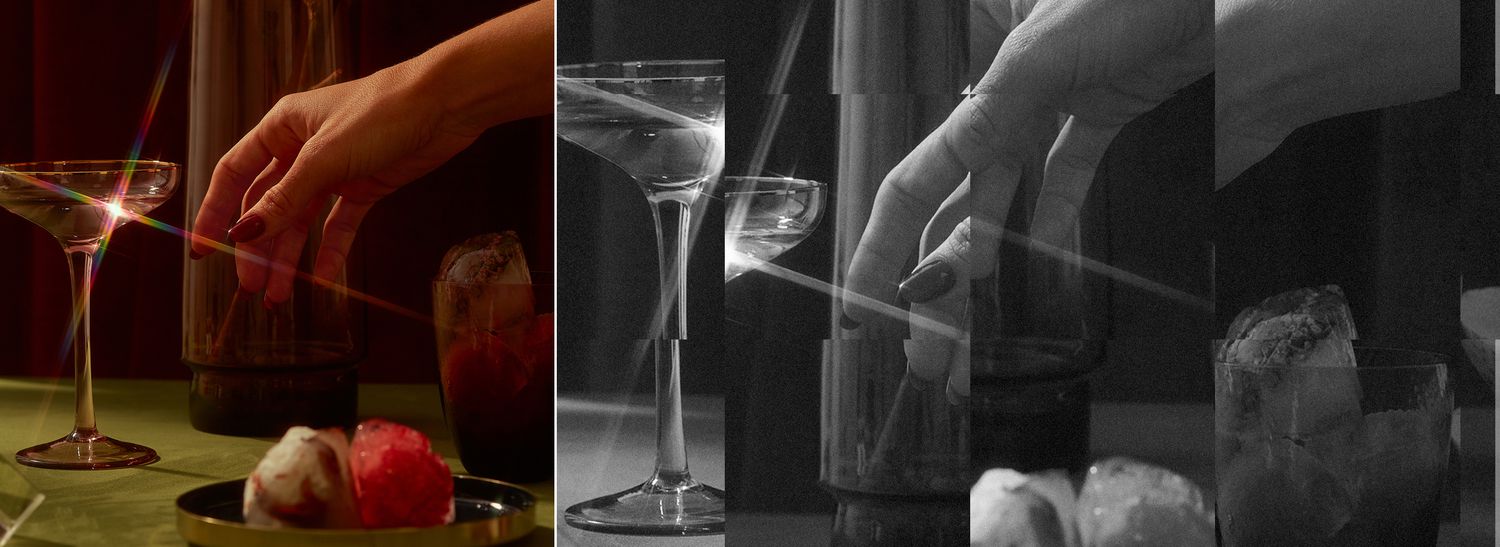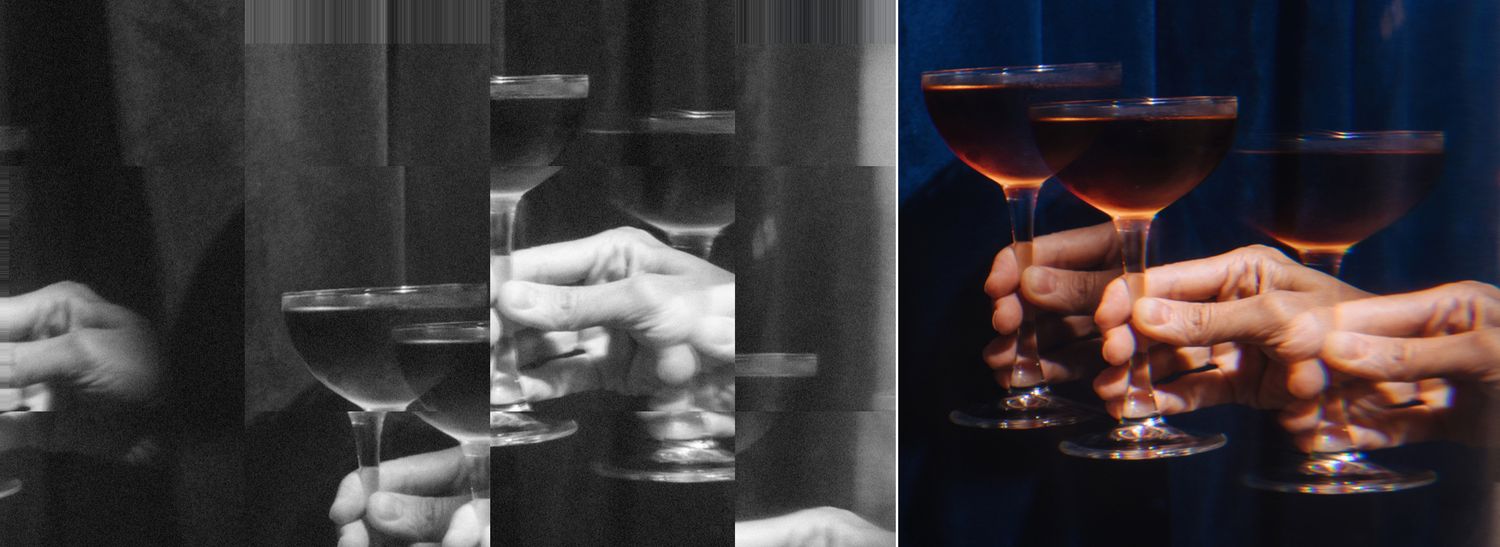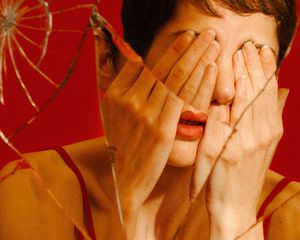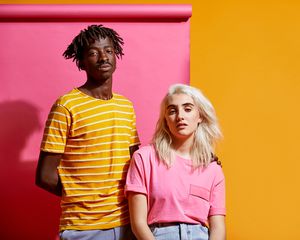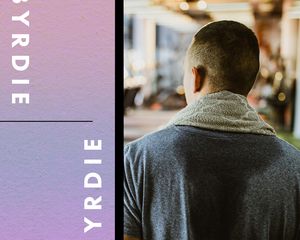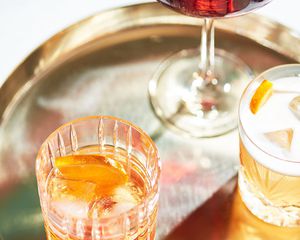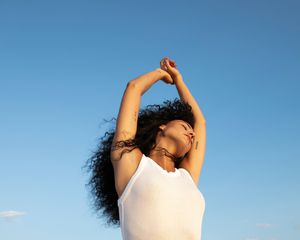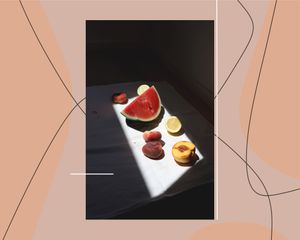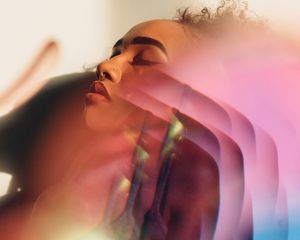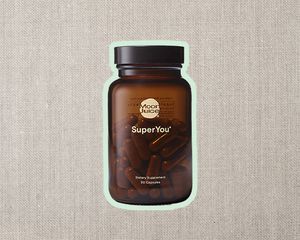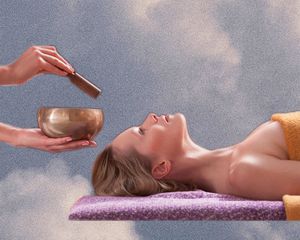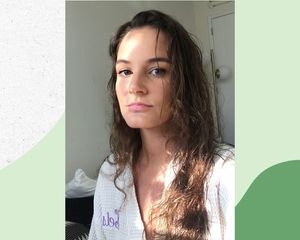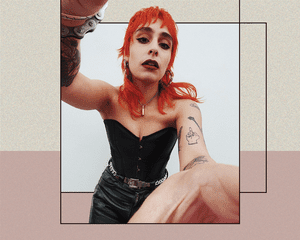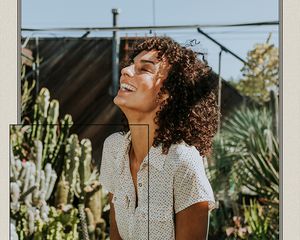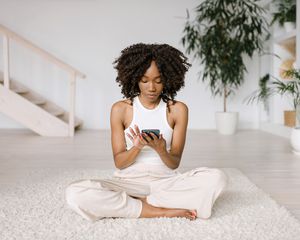It's common to turn to a drink or two to loosen up and relax when out with friends, networking, or after a rough day at work. But despite feeling relaxed in the moment, did you know that for some people, drinking alcohol can actually lead to anxiety—or shall we call it "hangxiety"—the next day?
“People feel anxious after drinking because alcohol directly affects the brain’s neurotransmitters in causing one to initially experience calmness and euphoria,” says Mark Jaffe, a psychiatrist at The Beach House Treatment Center. “After one consumes alcohol, especially in large quantities, the opposite feeling occurs; people feel anxious, unwell, tired and depressed.”
One reason for this anxiety is withdrawal. The relaxing and pleasurable effects of alcohol usually only last a few hours, and are often followed by your typical hangover symptoms like headaches, anxiety, and increased heart rate. “Some people who are very sensitive to having panic attacks and anxiety attacks will self-medicate with alcohol,” says George Koob, director of the National Institute on Alcohol Abuse and Alcoholism (NIAAA). “But it's actually not a good idea because when the alcohol wears off, then the feelings of anxiety that they have to start with come back even worse.”
There’s a lot of science behind the ways in which anxiety develops after drinking. For example, alcohol suppresses glutamate, which is an excitatory neurotransmitter in the brain. By the time the alcohol wears off, the body often has adjusted to the glutamate suppression by making more glutamate. “So you have this extra glutamate out there that makes you more anxious,” Koob says. But that’s not all. There’s also a chemical in your brain called Corticotropin-Releasing Factor (CRF), which acts as a stress neurotransmitter. When you drink alcohol, your body suppresses CRF, but during withdrawal, the amount of CRF increases, often leading to a heightened stress and anxiety response, Koob explains.
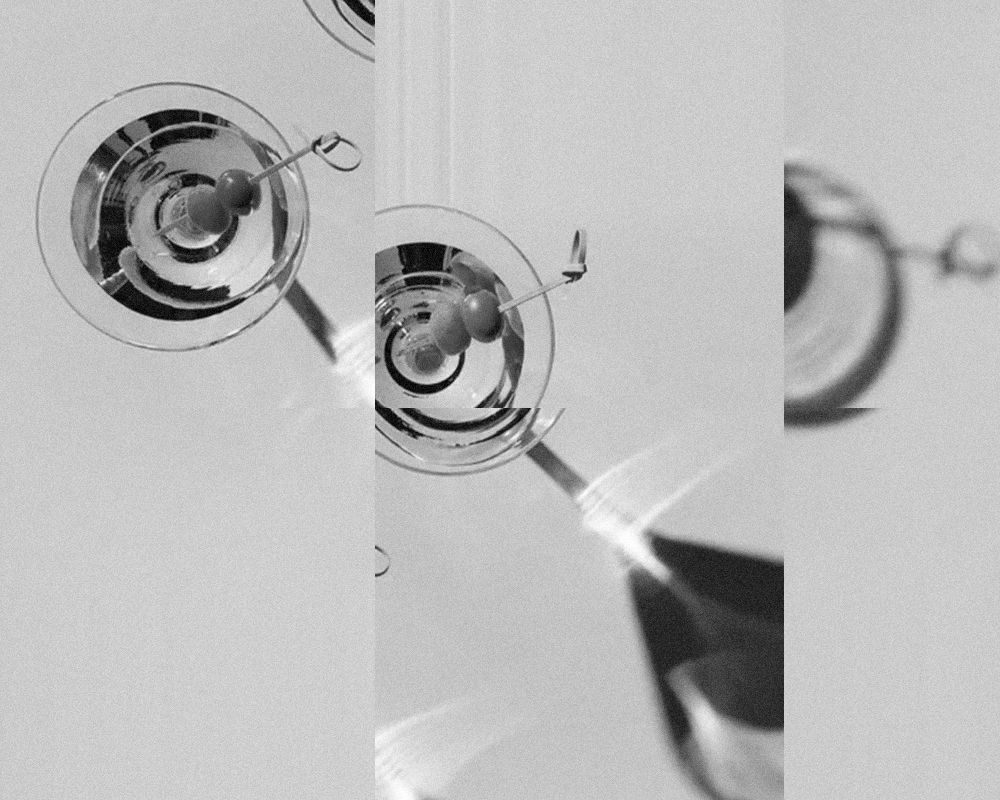
Stocksy / Design by Tiana Crispino
Is It Common to Feel Anxiety After Drinking?
Not everyone experiences the dreadful feeling of anxiety after having a few drinks. Whether or not you’ll be anxious after drinking depends on a lot of factors, like how many drinks you have, how much food and water you consumed throughout the day, and if you have an anxiety disorder.
“The higher a person’s blood alcohol level, the more likely they will experience some withdrawal symptoms and hence feel anxious,” says David Yusko, a psychologist and co-founder of the Center for Anxiety and Behavior Therapy. “Hangovers are withdrawal symptoms from alcohol.”
What Is It Like to Feel Anxious After Drinking Alcohol?
“The signs and symptoms of anxiety that people can experience after drinking alcohol can include sweating, restlessness, rapid heart rate, high blood pressure, tremor, feeling tense and easily overwhelmed, and wanting to avoid people and responsibilities,” Jaffe says.
You might feel irritable and worry about things unnecessarily, and could even have a panic attack.
“For people that are predisposed to feeling symptoms of panic, the bodily sensations of alcohol withdrawal can trigger a panic attack due to a person misinterpreting those sensations as something more dangerous than they actually are,” Yusko says.
Stocksy / Design by Tiana Crispino
How to Avoid Feeling Anxious
For some people, the best way to avoid the "hangxiety" may be to avoid alcohol altogether, or at least in large quantities, especially if you typically experience a lot of anxiety when you’re not drinking, or have a history of panic disorder or panic attacks.
But at the same time, alcohol’s ability to reduce anxiety in the moment can be helpful in some situations, such as allowing someone with social anxiety to feel more comfortable socializing:
“There are times that alcohol is effective in helping an anxious person feel more comfortable in social settings and uncomfortable situations, yet it’s not a solution to the cause of the underlying anxiety,” says clinical psychologist Carla Marie Manly.
"Alcohol use is only a short-term remedy and doesn’t address the underlying anxious process,” Yusko says. “Therefore, alcohol use becomes more necessary to feel better.”
Over time, “the use of alcohol can become a second problem, or serve as an avoidance behavior that actually maintains an anxiety disorder in the long term,” Yusko adds. He doesn’t believe all anxious people need to stay away from alcohol completely, but does recommend being careful about using alcohol as a way to cope with anxiety.
How to Take a Responsible Approach to Drinking
There are a few ways you can minimize the effects of anxiety if you decide to have a couple of drinks. To limit drinking and its effects, try drinking more slowly, alternating alcohol with water and other hydrating beverages, and making sure not to drink on an empty stomach.
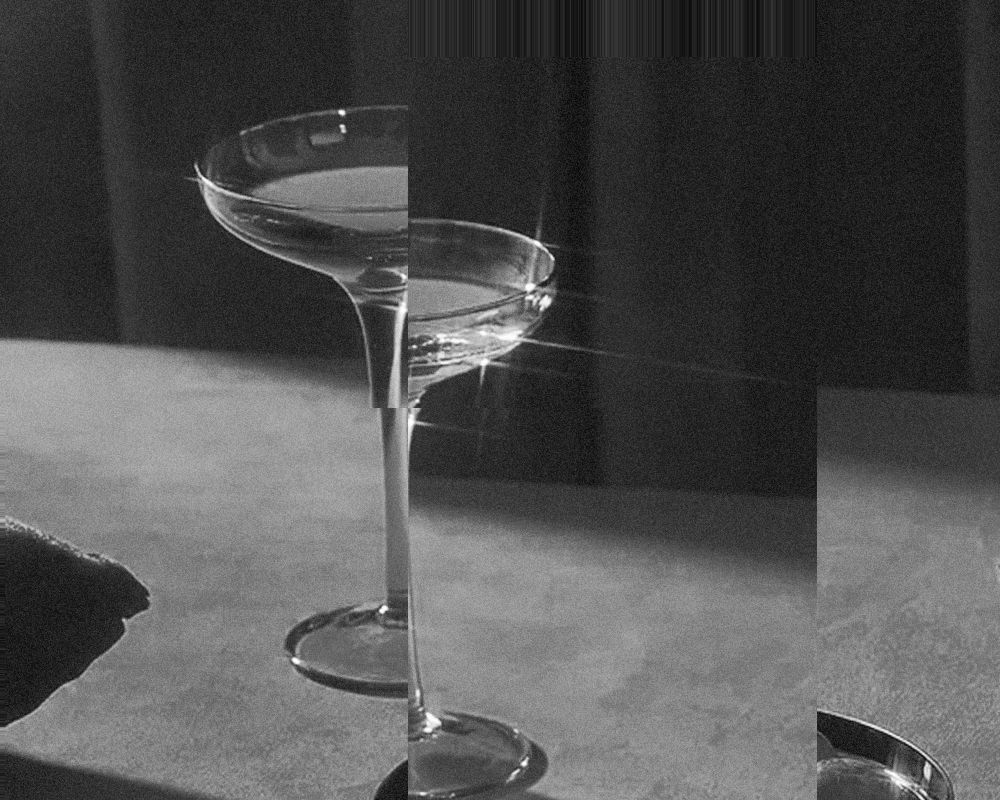
Stocksy / Design by Tiana Crispino
“To reduce the chances of being anxious after drinking, if you have no history of an alcohol use disorder, limit yourself to one drink if you are a woman and two drinks if you are a man,” Jaffe says.
A big reason why you want to drink in moderation is to keep your blood alcohol level from getting too high. Blood alcohol spikes, often brought about through binge drinking, force your body to work harder to eliminate the toxicity the alcohol introduced to your body, Yusko explains. And the more work your body has to do, the more likely you may be to experience anxiety after the alcohol’s initial effects wear off.
To learn more about drinking responsibly, check out NIAAA’s Rethinking Drinking website, which has tons of helpful information that can help you understand what counts as a standard drink, how to recognize drinking problems, and more.
Treating Anxiety Unrelated to Alcohol
While alcohol may feel like a quick fix for reducing feelings of anxiety, you probably realize by now that the effects are only temporary, and the anxiety that often follows isn’t worth it. But there are plenty of other ways to treat your anxiety, including medication, psychotherapy, breathing exercises, cutting back on caffeine, getting enough sleep, and staying active. Please speak with a licensed professional if there are any concerns around your relationship with drinking.
:max_bytes(150000):strip_icc()/BYR_Q2DI_LandingPage_RECIRC-ace1277af31a44bca13bfc50292e9c1d.jpg)
:max_bytes(150000):strip_icc()/BYR_Q2DI_BSide_RECIRC-ec8f821a679c4d9daecd60ae0927811c.jpg)
:max_bytes(150000):strip_icc()/recirc3-3f65304df82f42999156198f07b1a1d3.jpg)
:max_bytes(150000):strip_icc()/recirc1-bcc9a40911124cf788a7763584a28fbd.jpg)
:max_bytes(150000):strip_icc()/recirc5-Stocksy-6789e94c026f41c99b2f56eb35a03352.jpg)
:max_bytes(150000):strip_icc()/recirc-Unsplash1-ed96fff0ddae46568f99861e1dac4a00.jpg)
